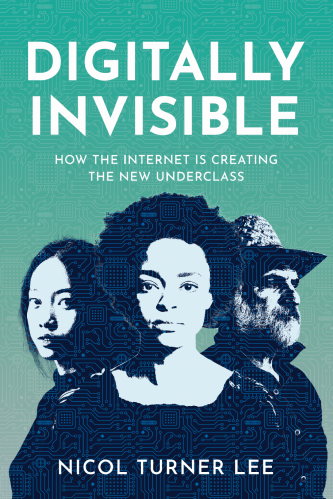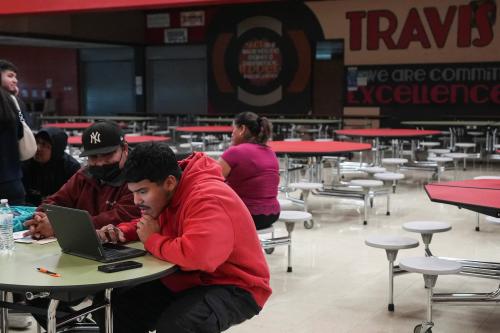Colleges and universities continue to struggle with how to respond to online learning and other technology-based challenges to the “sage on a stage” model of education. But they are still reluctant to imagine fundamentally different business models. That’s very unwise. The experience of other industries that encountered disruptive technologies, from newspapers to marketing music, suggests that college in a few years will look very different, and only the innovators will survive.
Higher education’s traditional business model is especially endangered because it consists of modules that depend on cross-subsidies. Freshman students pay big bucks to sit in large classes and subsidize the professor’s research. Costly libraries and exercise facilities need financial support from selling food to students. I’ve written on how this type of business model is vulnerable to a process known as “unbundling,” where competitors offer low-cost alternatives to what were once cross-subsidy cash-cows for an integrated business.
The competitive pressure is intensifying, particularly as the cost of information transfer to students declines to near zero. It’s going to be hard to maintain the old model when institutions like Southern New Hampshire’s College for America can offer a $10,000 BA. Or when Georgia Tech and Udacity can team up to offer a $7,000 master’s degree.
What might the business model of the future look like, particularly for institutions with a prestige brand but high costs and dependent cross-subsidies? I suspect that many of today’s four-year residential colleges will become two-year or even one-year residential institutions. By that I mean that purchasing a degree from XYZ College would actually mean buying a comprehensive, customized package from XYZ, rather than attending the college itself for four years. Tuition could vary widely based on the contents of the package. The value of the XYZ brand, and hence its tuition price, would be linked to its ability to put together a high-quality package.
Part of the XYZ degree might consist of a year of online introductory classes the student takes at home, perhaps while working, but with GoToMeeting seminars conducted by XYZ faculty. Part might be a semester abroad contracted out to a European university (nothing new in that). Intervarsity and intramural sports might be arranged through leagues in the student’s home-town, far away from XYZ. The whole package would be managed by XYZ, and quality control would be a key function of the college and its pricing. Perhaps only one year would actually be spent “on campus” with high-level courses and seminars in the traditional, social network-building residential sense – though even that might be in annual term-length blocks rather than a full year.
There are plenty of signs of this pattern emerging around the world. For instance, Britain’s Open University, launched in 1971 as a television-based degree program aimed at part-timers, with only a brief campus-based experience, now has a network of satellite courses and local tutors all over the country. And it ranks in the top ten in Britain for student satisfaction. Meanwhile the for-profit Kaplan Singapore has created degree programs through partnerships with universities all over the world.
So it’s time to think of the college of the future as more like a high-quality educational “travel agent” than a bricks-and-mortar institution.









Commentary
Op-edThe Future College as Travel Agent
September 4, 2014